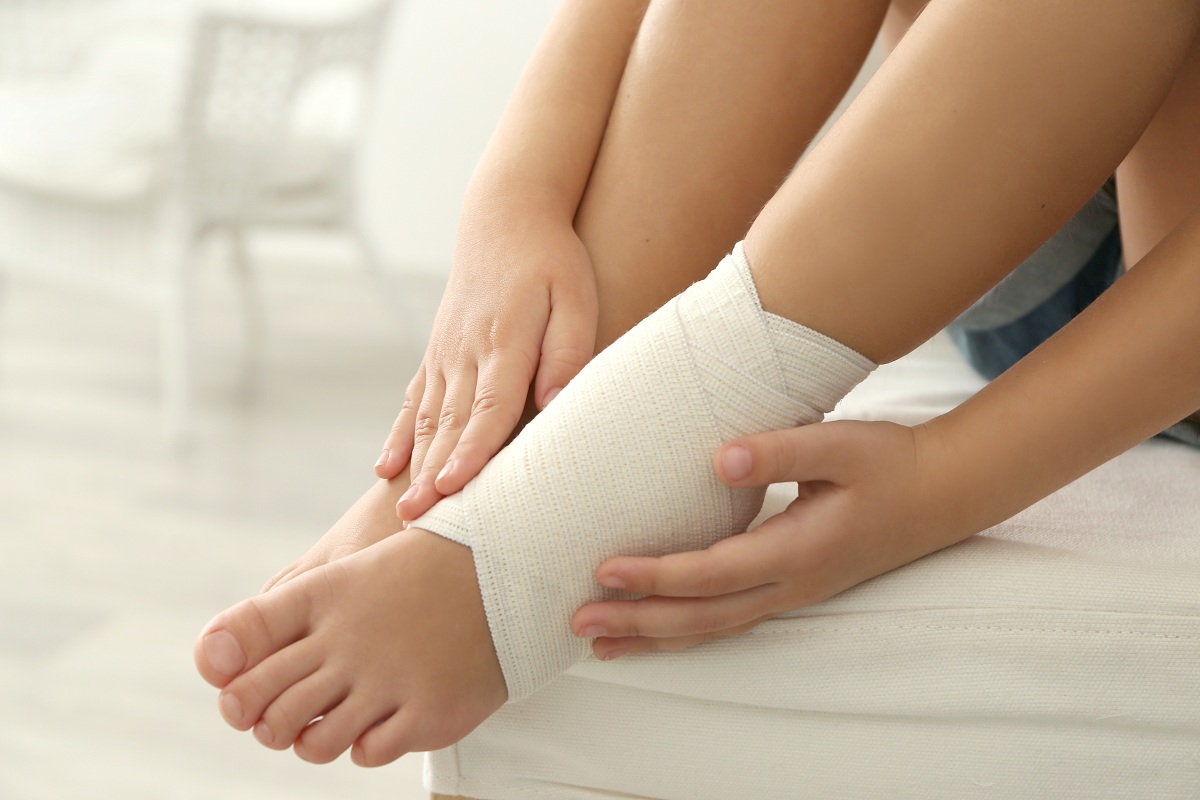Cabin fever tends to make some people do things they normally wouldn’t do, like TikTok. However, unusual things done during this season of lockdown don’t only involve making harmless dance videos of yourself. There are those who tend to be pretty out there — outrageous and outlandish. Some may be silly antics and shenanigans caused by boredom, while others have resulted in injuries.
Home Accidents and Injuries are Real
Medical practitioners are urging people to stay safe and avoid doing anything that could hurt or injure since most of their efforts and attention are on fighting COVID-19.
In an ideal world, people will heed doctors’ pleas and do their best to stay healthy and safe. However, in reality, things are far from it. Home accidents account for nearly half of all accidents in the United States. With cabin fever and boredom factored in, the chances of the number of home injuries increase by the day.
If an accident takes place at home and results in an injury and you believe a regular or an upright MRI is needed, whether you live in London, Adelaide, or Miami, it is best to call the emergency hotline first. You would not want to risk a household member getting exposed to the coronavirus by rushing them thoughtlessly to the hospital. While that’s okay under normal circumstances, we’re living in unprecedented times now.
Dealing with Home Injuries During Lockdown
Tripping and falling
In most cases, trips and falls don’t cause anything bad other than a blow to a person’s pride. However, if a person takes a pretty bad fall and vomits or loses consciousness, call for professional health immediately.
Bruises and scratches
Bruises and scratches can be treated with an ice pack to prevent swelling. However, some bruises may involve more serious issues such as bone fractures. If swelling and pain continue to persist, consult with a health professional.
Sprains
 Whether you get a sprained ankle, knee, or wrist, apply the R.I.C.E. method to the affected area.
Whether you get a sprained ankle, knee, or wrist, apply the R.I.C.E. method to the affected area.
- Rest the affected area for a few days.
- Ice helps in reducing the swelling and the pain.
- Compression is needed to prevent further swelling. This can be done by wrapping an elastic medical bandage around the affected area.
- Elevating the affected part above the heart level prevents pain, swelling, and throbbing from occurring.
Cuts and wounds
Whenever a cut or wound happens, apply pressure on the cut to stop the bleeding. Clean the wound and apply the necessary treatment. If the wound stops bleeding, it is just a minor cut. If bleeding persists, call 911.
Choking from objects
While children are more prone to chocking on smaller objects because of their curiosity, adults aren’t as invulnerable to it. If someone is choking and you suspect it is because an object is lodged in their throat, dislodge it promptly. If you are unsuccessful at your attempts, call 911 immediately.
Poisoning
Keep toxic, poisonous, and other hazardous materials hidden in a safe place and away from the reach of children. Immediately call 911 for help when someone in the household is poisoned. While waiting for the response team, do what needs to be done according to this guide.
Burns
Burns should be placed under cool running water as soon as it occurs. Keep it there for at least ten minutes to decrease the pain. Assess the damage and perform first aid as needed.
Drowning
The chances of someone drowning at home may be slim but it happens, especially to younger children even in shallow waters like garden ponds and baths. Make sure any activity that involves water is under adult supervision. If a drowning takes place, immediately perform CPR on the patient.
Don’t let boredom or cabin fever get the best of you. Stay safe at all costs.
